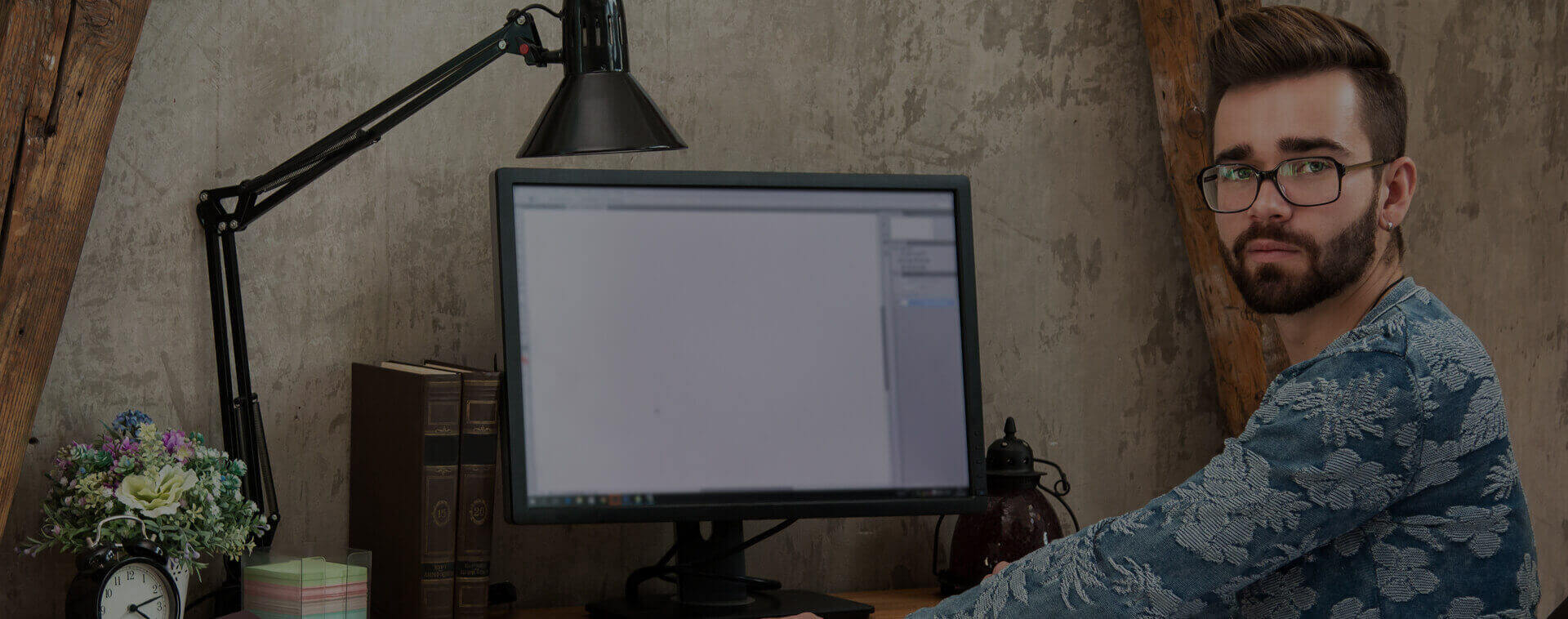Just what safer gender, permission and psychological state appear like when you look at the age Tinder and Bumble.
Popular commentary on dating software frequently associates their usage with “risky” sex, harassment and bad mental health. But those who have utilized a dating application understands there’s significantly more to it than that.
Our brand-new studies have shown internet dating programs can develop youthful people’s social contacts, relationships and romantic relations. Nonetheless can certainly be a supply of problems, rejection and exclusion.
Our very own learn is the very first to ask application customers of diverse genders and sexualities to generally share their own activities of application use, safety and well being. The project matched an internet survey with interviews and creative classes in urban and regional brand-new southern area Wales with 18 to 35 12 months olds.
While dating applications were used to suit someone for sex and long-lasting relations, these people were generally accustomed “relieve boredom” as well as for “chat”. Widely known applications utilized comprise Tinder among LGBTQ+ females, direct males and females; Grindr among LGBTQ+ guys; okay Cupid among non-binary players; and Bumble among direct lady.
We unearthed that while software customers accepted the potential risks of matchmaking applications, additionally they had various methods of assist them to believe safer and regulate their particular welfare – like negotiating permission and secure sex.
Safe intercourse and permission
Apps that want a common complement before messaging – where both sides swipe proper – comprise identified to filter plenty of unwanted communication. Lots of players felt that red flags had been almost certainly going to come in chat as opposed to in individual users. These integrated pushiness and possessiveness, or messages and images that have been too intimate, too early.
Charles, 34, gay/queer, male, like, explained warning flags as, “nude photos entirely unwanted and/or first information that I get away from you is five photographs of cock. I would think’s a straight up sign that you’re perhaps not going to trust my limits […] Thus I’m perhaps not planning need a chance to say no to you when we fulfill in actuality.”
Negotiating consent
Consent surfaced as a key focus across every area regarding the learn. Individuals usually felt safer once they had the ability to clearly bargain the sorts of sexual communications they wished – or performedn’t wish – with a prospective mate blackchristianpeoplemeet UЕѕivatelskГ© jmГ©no.
Of 382 research individuals, feminine participants of all of the sexualities are 3.6 occasions very likely to need to see app-based details about sexual permission than male individuals.
Amber, 22, suggested negotiating permission and secure sex via speak. “It’s an enjoyable talk. It doesn’t have to be sexting, it cann’t have to be very beautiful […] I just wish it was convenient simply to go over gender in a non-sexual means. Most of the girls which happen to be my pals, they’re want, ‘it’s too embarrassing, we don’t talk about sex with a guy’, not even when they’re having sex,” said Amber.
However, people nervous that sexual negotiations in cam, including on the subject of STIs, could “ruin the minute” or foreclose permission choice, ruling from probability they might alter their own attention. Chelsea, 19, bisexual, feminine, noted, “Am we heading, ‘okay thus at 12 o’clock we’re gonna repeat this’ immediately after which imagine if I don’t need to?”
Protection safety measures
If it concerned meeting up, women, non-binary men and guys who’d gender with guys defined security techniques that present sharing their particular location with company.
Ruby, 29, bisexual, female, have an internet team chat with friends where they might communicate details of just who these were ending up in, yet others outlined telling feminine loved ones in which they planned to become.
Anna, 29, lesbian, feminine, defined a plan she got together with her pals so you can get away from bad schedules. “If any kind of time aim we send them a message about recreation, they know that crap is certian lower […] Therefore if I deliver all of them a message like, “How will be the sports going?” they are aware to know me as.”
But while all members defined “ideal” security safety measures, they did not always heed all of them. Rachel, 20, directly, women, set up an app for advising buddies as soon as you anticipate to getting home, then again removed it. Emerald mentioned, “we determine my pals to only meet up publicly while I don’t follow that rule.”
Controlling disappointment
For a number of members, dating programs supplied a space for pleasure, enjoy, connecting with community or meeting new-people. For others, app utilize could be tense or discouraging.
Rebecca, 23, lesbian, feminine, noted that software “definitely can submit some body into a deep despair also a pride raise. Should you’ve already been regarding the software and had virtually no matches or no achievements, you start to matter your self.”
Henry, 24, directly male, considered many straight people skilled software as a place of “scarcity” as opposed to “an variety of choice” for females. Regina, 35, right, feminine, advised that application consumers exactly who noticed unsuccessful are very likely to keep this to on their own, more growing emotions of separation. “I think when anyone are having difficulty utilizing the programs. are quite personal about any of it. They’ll just share with family which they are aware tend to be regular or recent consumers and could disclose their own use – also bordering on dependence on swiping – in a sensitive moment.”
Players shared various private strategies for handling the distress associated with software need such as getting time out, deleting applications, turning off “push” notifications and restricting energy allocated to software.
Many individuals welcomed a lot more awareness of software among health professionals and public fitness companies, they cautioned them against identifying apps as “risky” spaces for gender and relations.
As Jolene, 27, queer, feminine, mentioned, “App matchmaking is just element of routine dating lives and so fitness promotion should fully incorporate it to their campaigns, without it be something forte or various.”
Anthony McCosker is actually a co-employee professor in mass media and marketing and sales communications at Swinburne University of tech.
This post first showed up about Conversation.


